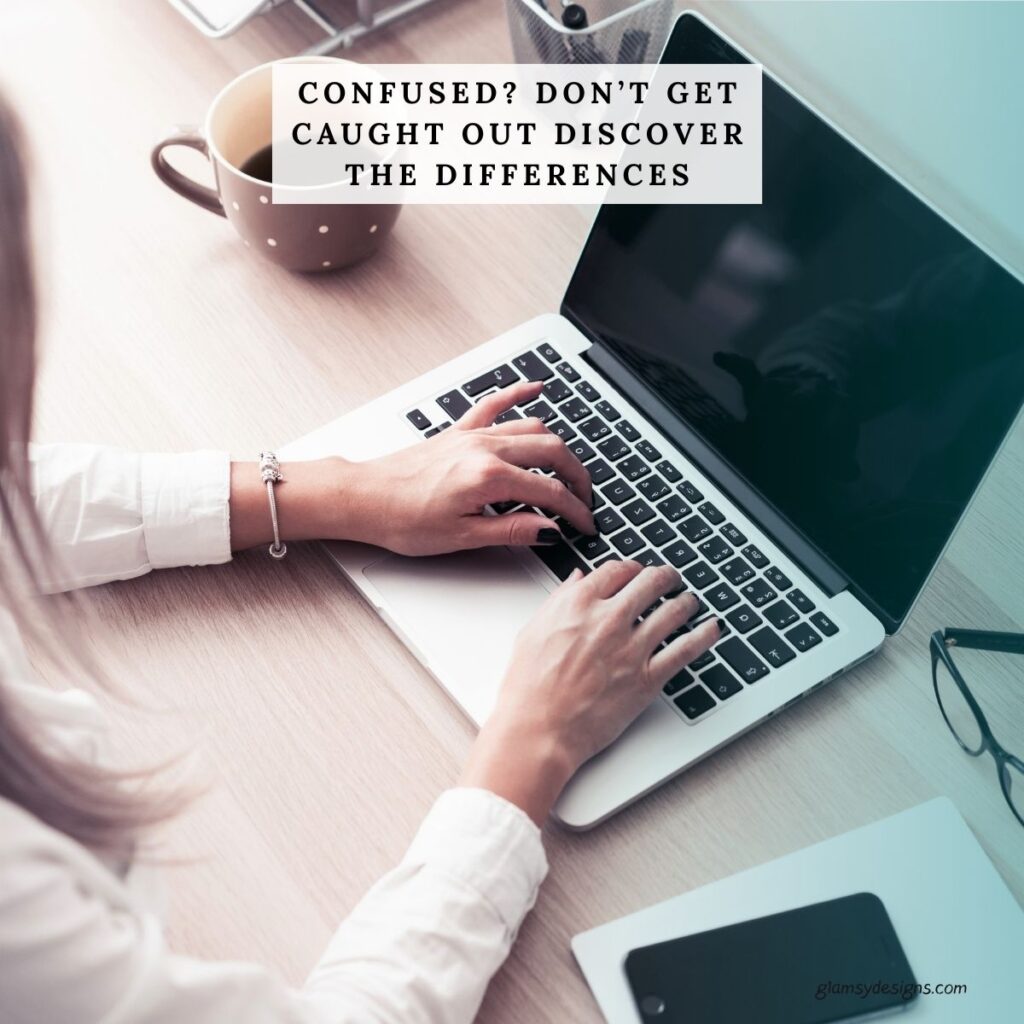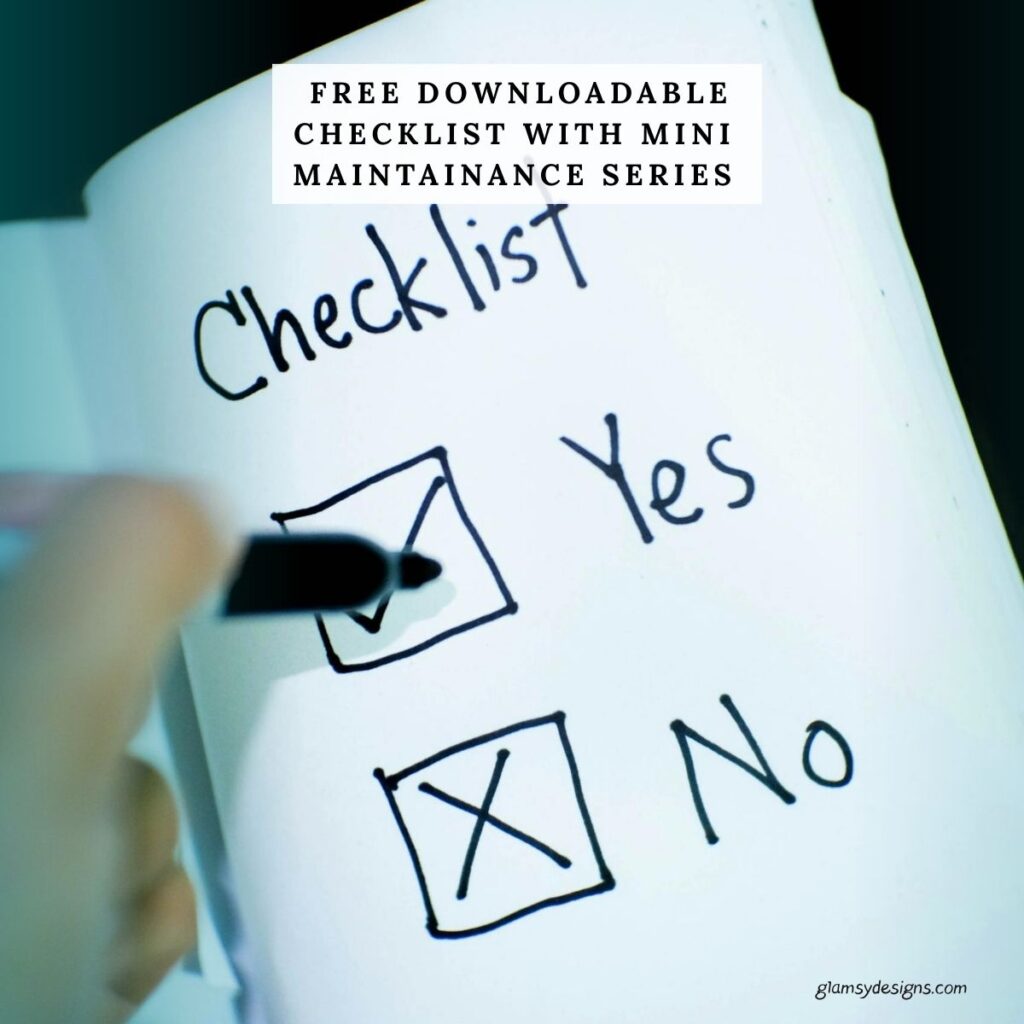WordPress.com vs WordPress.org: Clearing Up the Confusion
If you’ve ever googled “WordPress” and ended up scratching your head because there seem to be two of them — you’re not alone. We can’t tell you how many times people have asked us, “Wait… what’s the difference between WordPress.com and WordPress.org? Are they twins? Clones? Evil doppelgängers?”
Don’t worry, this guide is here to settle it once and for all — no tech jargon, no headaches, and maybe even a laugh or two.
First Things First: Why Are There Two WordPress Platforms?

Both WordPress.com and WordPress.org use the same core WordPress software. But how you use that software depends on which route you choose.
Think of it like coffee:
Let us share a quick story. A customer of ours once signed up for WordPress.com and went all in — he bought their top-tier package, thinking it would give him the freedom to build the site of his dreams. He assumed “premium price = premium freedom.”
But within days, the frustration kicked in. He discovered that even at the highest plan, there were still limitations — the themes weren’t as flexible as he hoped, the plugin choices were restricted, and the customizations he wanted simply weren’t possible.
In his words: “I felt like I’d paid for the deluxe buffet, only to find out half the dishes were still off-limits.”
And honestly, he’s not the only one. Over the years, we’ve moved plenty of people from WordPress.com to WordPress.org who thought the exact same thing. At a glance, the two platforms look almost identical — similar dashboard, same WordPress branding — so it’s an easy mistake to make.
But switching over? Let’s just say it’s not the highlight of anyone’s week. Migrating content, setting up hosting, reconfiguring themes… it’s a royal pain, especially if you weren’t planning for it.
That’s why we always tell people: hopefully you won’t have to go through the same headache. Picking the right version from the start saves time, money, and more than a few late-night cups of coffee.
👉 If you’d like a helping hand, we offer done-for-you setup services where we take care of the hosting, WordPress installation, and all the techy bits so you can focus on building your site (without pulling your hair out).
And if you’re still in the “research and coffee” stage, grab a cuppa and read through our guide on choosing hosting — it breaks everything down in plain English so you can make the best decision for your site.
What is WordPress.com?
WordPress.com is the hosted version. Translation: they do all the heavy lifting for you. Hosting, updates, backups, security… it’s all taken care of.
But here’s the catch: if you’re on the free or lower-tier plans, you’ll run into big walls. Want to install that cool plugin you saw on YouTube? Nope. Fancy a custom theme? Not unless you’re on a business plan, and even then there are limitations.
It’s perfect if you just want to write, share photos of your dog, or rant about reality TV without worrying about the “geeky stuff.”
What is WordPress.org?
WordPress.org is the self-hosted version. You download the software (free!) and put it on your own hosting account. That means:
Of course, with great power comes great responsibility. You’ll be in charge of updates, backups, and making sure your site doesn’t implode at 2am (though most good hosts make this much easier these days).
If you’re serious about growing a blog, business, or online store — this is usually the better option.
Do I Need a Hosting Provider for WordPress.com and WordPress.org?
This one trips up a lot of people, so let’s clear it up.
So the short answer:
👉 If you’re leaning toward WordPress.org and wondering which host to choose, we’ve written a full ScalaHosting review that breaks down why it’s one of our favorite options for beginners and pros alike.
WordPress.com vs WordPress.org: A Quick Comparison
| Feature | WordPress.com | WordPress.org |
|---|---|---|
| Hosting | Included | You choose your own host |
| Cost | Free to start, upgrades cost more | Hosting + domain costs, but software is free |
| Plugins | Limited, only on higher paid plans | Unlimited, install anything |
| Themes | Limited options | Thousands of free + premium |
| Monetization | Restricted | Anything goes (ads, shops, memberships) |
| Maintenance | They handle it | You handle it (or your host does) |
| Best For | Beginners, hobby bloggers | Businesses, pros, serious bloggers |
So… Which One Should You Choose?
Can You Switch Later?
Yes! You can start with WordPress.com and move to WordPress.org when you’re ready to spread your wings. It’s a bit of a moving week project, but totally doable.
Final Thoughts
All of our tutorials focus on building your website on a self-hosted server, because this gives you the most freedom to design, manage, and even monetize your site exactly the way you want.
Both platforms are “real” WordPress — it just depends on how much freedom (and responsibility) you want.
If you’re looking at WordPress.org, that’s where we come in — we create beautiful Kadence-powered themes to give your site a professional look right out of the box (so you don’t have to spend hours crying over a blank screen). Ready to explore? Check out our Kadence themes here.
JoiN Glamsy Cloud Free!
Start with 20 gorgeous Kadence blocks on us. Love them? Unlock ‘FREE FOREVER‘ 50 more block collections just by choosing any essential tool from our trusted stack!
FAQs About WordPress.com vs WordPress.org
Disclaimer: Glamsy Designs shares this guide for learning only and cannot be held responsible for issues that may occur. While we strive to provide accurate and helpful advice, Glamsy Designs is not responsible for any issues, damages, or data loss that may occur as a result of following this guide. It is always recommended to back up your website.








